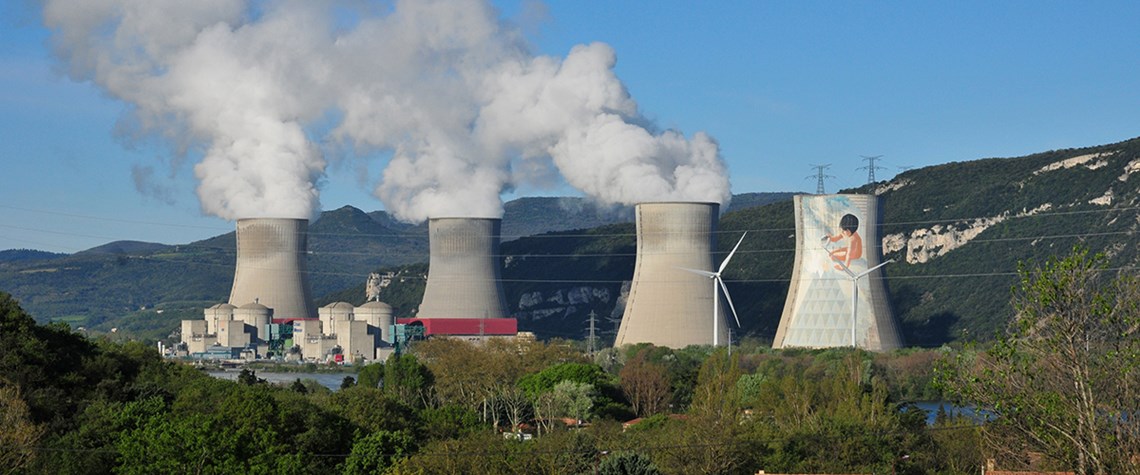Europe's black and green stuff
Europe's energy supply mix is changing again. It won’t be good news for the climate targets
From the French love affair with the atom to the nuclear phase-out in Germany, from the carbon-free current in Sweden to the 80% coal electricity mix of Poland, the EU's energy market, despite all the efforts to build common policies, is still characterised as much by its variety as its commonality. This is not about to change, but the balance will probably shift as the three biggest European economies review their energy choices. Germany became the standard-bearer for energy transition in 2000 when the red-green coalition decided to replace nuclear power with renewable energy in 20 years. Germany's nuclear phase-out is now planned to end in 2022 and is likely to succeed: 11 of the 19 reacto

Also in this section
24 July 2025
The reaction to proposed sanctions on Russian oil buyers has been muted, suggesting trader fatigue with Trump’s frequent bold and erratic threats
24 July 2025
Trump energy policies and changing consumer trends to upend oil supply and demand
24 July 2025
Despite significant crude projections over the next five years, Latin America’s largest economy could be forced to start importing unless action is taken
23 July 2025
The country’s energy minister explains in an exclusive interview how the country is taking a pragmatic and far-sighted approach to energy security and why he has great confidence in its oil sector








